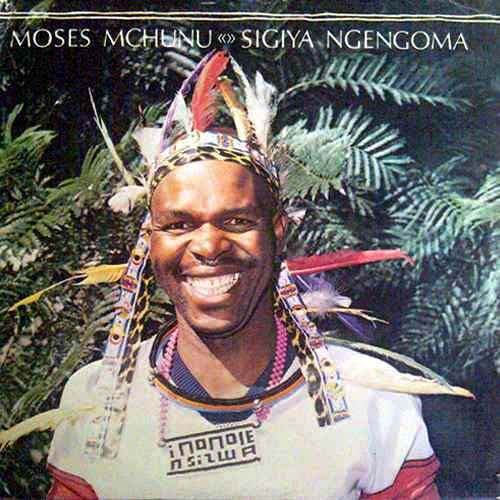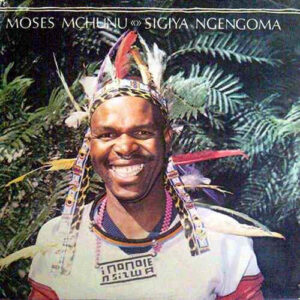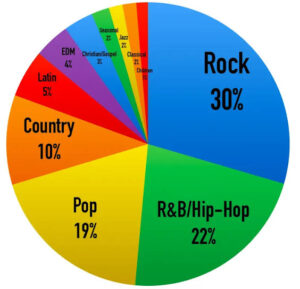
Moses Mchunu, a renowned Maskandi musician, was born in 1953 in KwaZulu-Natal, South Africa, specifically in the Nkandla area’s Mthandanhle region. He gained widespread recognition for his hit song “Qhwayilahle,” which was featured on the iconic album “The Indestructible Beat of Soweto” in 1985.
Musicologists like Charles Hamm categorize Mchunu’s style as neo-traditional Mbaqanga, characterized by catchy and intricate four-bar sequences that combine acoustic guitar, vocals, harmonies, strong basslines, drums, and often accordion and/or fiddle accompaniments.
Music Carrier
Moses Mchunu’s music career spans several decades and has been marked by significant achievements and contributions to the Maskandi genre. Here are some highlights below:
- Started playing music in the 1970s, influenced by traditional Zulu music and Maskandi pioneers like Phuzushukela and Johnson Mkhwani.
- Released his debut album, “Umcimbi Wabantu”, in 1983, which received critical acclaim.
- His hit song “Qhwayilahle” (1985) became a classic of the genre and earned him national recognition.
- Collaborated with other notable Maskandi artists, such as Mbongeni Ngema and Sibusiso “Mazo” Mdledu.
- Released several successful albums throughout the 1980s and 1990s, including “Uzongithola” (1987) and “Ukhozi” (1993).
- Continues to perform and record music, with his most recent album being “Uyabizwa” (2018).
- Has won several awards, including the South African Music Awards (SAMAs) and the KwaZulu-Natal Music Awards.
- Has been praised for his innovative approach to Maskandi, incorporating modern elements while maintaining the genre’s traditional roots.
Moses Mchunu’s contributions to Maskandi music have cemented his status as a legendary figure in South African music.
His break through in music industry
Moses Mchunu’s breakthrough in the music industry came in 1985 when his song “Qhwayilahle” was featured on the groundbreaking compilation album “The Indestructible Beat of Soweto”. This album showcased the best of South African music and introduced Mchunu’s unique maskandi sound to a global audience.
The album was widely acclaimed and is still considered a classic of South African music. Mchunu’s contribution to the album helped establish him as one of the leading figures in the maskandi genre and paved the way for his successful music career.
His strength and weakness
Strengths:
- He was an intimate friend of God
- He was faithful and obedient
- He was prayerfully dependent on God
- He was a priest
- He was a wise leader
- He was a humble and teachable leader
- He was a mentor and succession planner
- He was an intercessor with a compassionate heart
Weaknesses:
- He was well-educated but didn’t have the faith in God for his education and background
- He had speech insecurities
- He had complicated identity issues
- He had anger problems and was impatient
- He was suffering from loss, grief, and loneliness
Awards
Here are some awards received by Moses Mchunu:
- Featured on the first “Indestructable Beat of Soweto” compilation, famously rated by US critic Robert Christgau as one of the most important albums of the 1980s.
- Winner of several South African Music Awards (SAMAs).
- Winner of numerous KwaZulu-Natal Music Awards.





